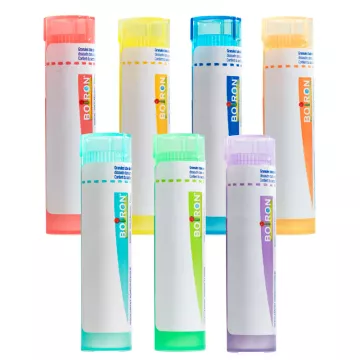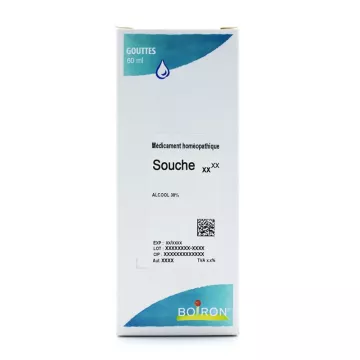



What is gallstones?
Biliary lithiasis, also known as gallstones, refers to the formation of small, hard crystals in the gallbladder, a small organ located beneath the liver. These crystals form from cholesterol or bilirubin in the bile, a substance produced by the liver to help digest fats.
How does gallstones form?
Gallstones can form as a result of a number of factors. One common cause is cholesterol supersaturation in the bile, which can lead to crystallization and stone formation. Other factors include insufficient emptying of the gallbladder and imbalances in bilirubin production.
What are the symptoms of gallstones?
In many cases, gallstones cause no symptoms and may not require treatment. However, when stones obstruct the flow of bile, this can cause intense pain in the right upper abdomen, often called a hepatic colic attack. Other symptoms may include jaundice, fever and nausea.
How is gallstones diagnosed?
Gallstones are usually diagnosed by imaging tests such as abdominal ultrasound, which is effective in detecting stones in the gallbladder. Other methods, such as computed tomography (CT) or magnetic resonance imaging (MRI), can also be used to obtain more detailed images of the bile ducts.
What are the treatment options for gallstones?
Treatment of gallstones depends on the severity of symptoms and associated complications. Options often include surgery to remove the gallbladder, known as cholecystectomy. Non-surgical treatments may include medication to dissolve the stones or procedures to fragment the stones using lithotripsy.
Can biliary lithiasis be prevented?
It is possible to reduce the risk of developing gallstones through lifestyle changes, such as maintaining a healthy weight, adopting a balanced diet rich in fiber and low in saturated fats, and avoiding prolonged fasting.
Are there any risks associated with gallstones?
If left untreated, gallstones can lead to serious complications, such as cholecystitis (inflammation of the gallbladder), cholangitis (inflammation of the bile ducts) or pancreatitis. These conditions often require urgent medical treatment.
What's the difference between cholesterol stones and pigment stones?
Cholesterol stones are the most common type of gallstone, and form mainly from undissolved cholesterol in the bile. They are usually yellow or white. Pigment stones, on the other hand, are smaller, darker in color and consist mainly of bilirubin, a breakdown product of red blood cells. These stones are more common in people with certain medical conditions, such as hematological diseases.
Can gallstones affect liver function?
Although gallstones are generally formed in the gallbladder, they can sometimes migrate to the bile ducts, causing obstruction. Prolonged obstruction can cause complications such as cholangitis or infection, which in turn can affect liver function and lead to abnormalities in liver function tests. However, gallstones themselves do not directly affect liver function unless they cause an obstruction.
How do diets influence the formation of gallstones?
Diets high in fat and cholesterol and low in fiber can increase the risk of cholesterol stone formation. An excess of fat in the diet can increase the amount of cholesterol in the bile, which favours stone formation. Conversely, a high-fiber diet can help reduce this risk. In addition, very rapid weight loss or prolonged fasting regimes can also increase the likelihood of developing gallstones by causing imbalances in the bile.
What treatments are available for gallstones without surgery?
For those who are not good candidates for surgery, or who prefer less invasive options, there are drug treatments that can dissolve gallstones. Drugs such asursodeoxycholic acid can be used to dissolve small cholesterol stones. However, this treatment can take several months or years and is not effective for all types of stones. Shock wave lithotripsy, which uses sound waves to break up stones, is another non-surgical option.
Are there any natural remedies for gallstones?
Although certain natural practices and herbal remedies are often mentioned for managing the symptoms of gallstones, it's important to consult a healthcare professional before trying these methods. Substances such as peppermint and turmeric are sometimes recommended to improve digestion and reduce inflammation. However, it is crucial to note that these treatments do not replace established medical methods and should be used as a complement, under medical supervision.